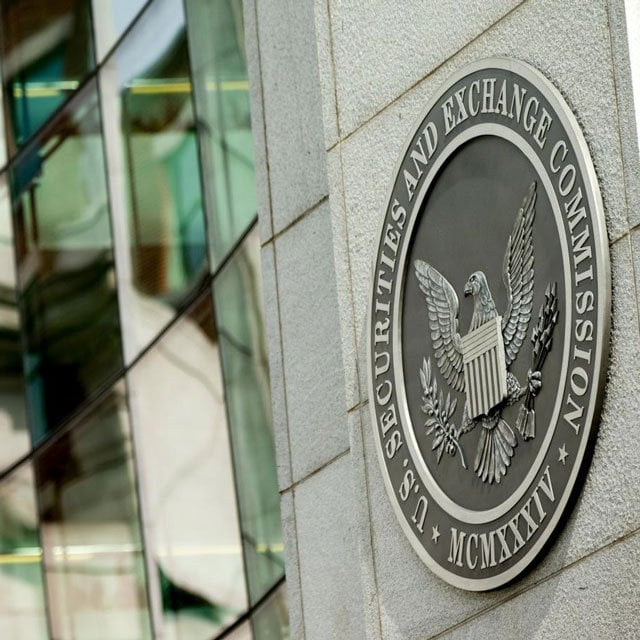Ex-Broker to Fork Up $3M Over Fintech Fraud

What You Need to Know
A final judgment was entered against an alleged participant in a multimillion-dollar securities scheme.
Paul Hess was found liable for disgorgement of $2,382,116, prejudgment interest of $434,670 and a civil penalty of $160,000.
The SEC’s complaint alleges that investors were tricked into buying unregistered interests in shell companies.
A former broker accused of taking part in a multimillion-dollar securities scheme was ordered by a U.S. District Court judge to pay about $3 million in disgorgement, prejudgment interest and penalties.
The Securities and Exchange Commission announced Wednesday that a final judgment was entered against Paul Hess on Dec. 23.
The Securities and Exchange Commission had alleged in a complaint filed March 30, 2018, in U.S. District Court for the District of Maine that Hess and co-defendants, including Michael Liberty, induced hundreds of investors to buy unregistered interests in shell companies controlled by Liberty that supposedly owned transferrable interests in a fintech startup then known as Mozido.
Hess, Liberty and their accomplices lied to investors about the financial prospects of supposedly fast-growing startup companies they were told they were investing in, the use of their investment dollars, Liberty’s involvement with the startups and the nature of the investments offered, according to the SEC.
The shell companies, however, either didn’t own or weren’t permitted to transfer interests in the company, the SEC said.
Through their scheme, they and their accomplices raised over $48 million from hundreds of investors from 2010 through 2016, misappropriating most of it to fund Liberty’s lifestyle, including chartered flights, a dairy farm and the funding of a movie production, according to the SEC’s complaint.
Hess consented to the final judgment in the SEC action that permanently enjoins him from violating the antifraud provisions of Section 17(a) of the Securities Act of 1933 and Section 10(b) of the Securities Exchange Act of 1934 and Rule 10b-5 thereunder; the broker-dealer registration requirements of Section 15(a) of the Exchange Act; and the securities offering registration requirements of Sections 5(a) and 5(c) of the Securities Act, the SEC said.




